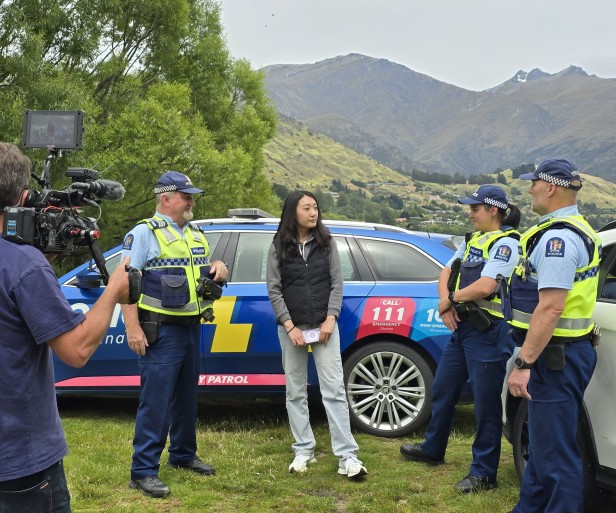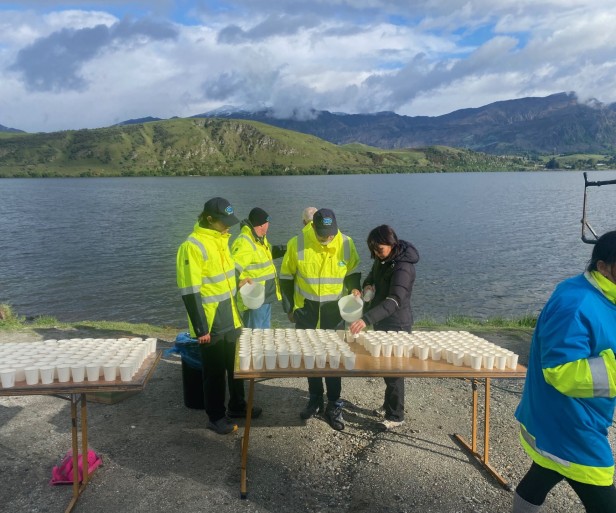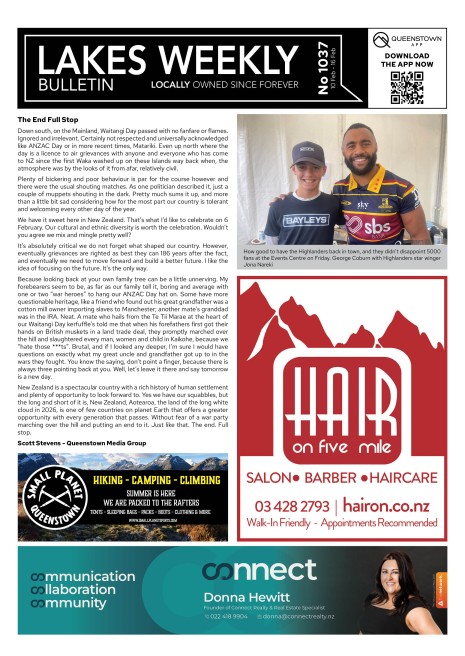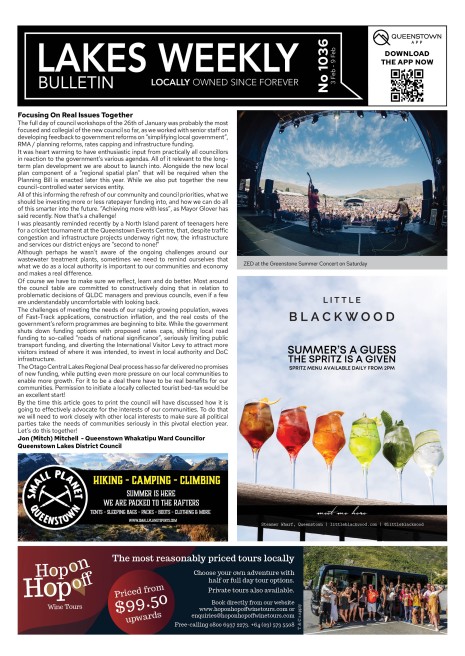Milestone for Queenstown's private hospital
Four thousand surgeries have now been performed at the Southern Cross Central Lakes Hospital since it opened three years ago.
The hospital, partnership between Southern Cross Healthcare and Central Lakes Trust, accommodates various specialties, including orthopaedics, ophthalmology, otolaryngology, urology, gynaecology, plastic, and general surgery.
It treats not only insured or self-paying patients, but also patients referred from public health services.
"Approximately 50 percent of our patients are referred from ACC or Health New Zealand – Te Whatu Ora, meaning we are truly delivering surgical care closer to home,” General Manager Tim Capill says.
"We provide a local option for elective surgeries, which is great as people previously had to travel to either Dunedin, Invercargill or further afield for surgeries.
"We’re pleased we are able to relieve some of the pressure on health services and ensure local residents can receive the care they need in a timely and more convenient way."
That model, public healthcare delivered via in private infrastructure and clinical teams, has been proposed as a way to tackle the growing health services access inequality in Queenstown Lakes and Central Otago compared to elsewhere in NZ.
A steering group headed by local MPs and mayors last month published a report recommending harnessing the growth of the private health sector, collaborating with projects that are already in the pipeline, to bring more public services to the fast-growing areas. It has been Minister of Health Simeon Brown, with a business plan expected by the end of the year.
Some 70% of the people in NZ who live more than two hours from a base hospital live in Otago Central Lakes.
Health Action Wānaka recently published its own report 'Perception versus reality: the true state of healthcare in the Upper Clutha' revealing the depth of the problem for public healthcare locally. It found some patients have to travel seven hours for medical appointments and others pay for health services that are free elsewhere, including after-hours acute care and blood collection.
People are being refused clinically necessary radiology and specialist care due to high numbers of referral rejections, while the elderly, people with mental health needs, and pregnant women all face significant barriers. It's the same story across the region, due to years of chronic underfunding.
HAW spokesperson Monique Mayze says it's good to see some recognition of the problem, through the steering group's work.
"In an ideal world, we'd like to see public investment in health infrastructure and delivery of services, but we recognise the limitations at the moment," she says. "So, being pragmatic, these partnerships are obviously what's being looked at.
"Our primary principle for everything is 'is this the most equitable solution for the community'. If you look at something like a base hospital, it's been suggested it would be in Queenstown, but we'd question whether that's the best location in terms of equitable access for most people."
While Southern Cross Central Lakes Hospital is an undoubted success for elective surgeries, there are concerns in the community and nationally about the public / private model and the way forward.
"When you have commercial interests as a motivation, perhaps there isn't the same level of clear headedness about what's best for the community," Mayze says. "So we'd have to look at what's proposed on a case by case basis."
HAW is meeting with the Minister in July and has written to him with a list of quick wins: the introduction of psychiatric consultations via telehealth within 12 months, delivery of a publicly-funded blood collection service in Wānaka within two years, and increased local access to publicly funded radiology services via the government’s $30m funding boost announced last June.









